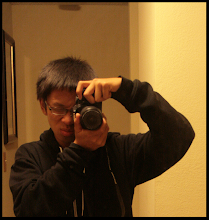The process of the author telling his story is getting more and more interesting for me. I am not sure why this is, but for some reason I feel more drawn into the storyline compared to the first part of the book. Maybe it's because I get to see him slowly developing into the economic hit man. As the novel progresses, John becomes more and more involved with his job.
"By 1977, I had built a small empire that included a staff of around twenty professionals headqueatered in our Boston office, and a stable of consultants from MAIN's other departments and offices scattered across the globe. I had become the youngest partner in the firm's hundred-year history. In addition to my title of Chief Economist, I was named manager of Economics and Regional Planning. I was lecturing at Harvard and other venues, and newspapers were soliciting articles from me about current events. I owned a sailing yacht...I was being paid an excellent salary and I had equity that promised to elevate me to the rarified heights of millionaire well before I turned forty." (Chapter 17 page 117).
As you can see from this quote, John is well on his way to becoming a top economist. He's living the life that seems only to be true in dreams, and he feels really satisfied with his decisions and what he is doing at this point. However, along the way he faces obstacles, or conscious reminders about how dark and evil his job really is. This seems to be the never ending battle in this novel, and it seems like every time he has made up his mind, something comes up to stir it all up again. I like how the author does this to keep the reader hooked on the book. I don't want to reveal too much, but this book is very enjoyable so far!
Friday, May 14, 2010
Subscribe to:
Post Comments (Atom)


No comments:
Post a Comment